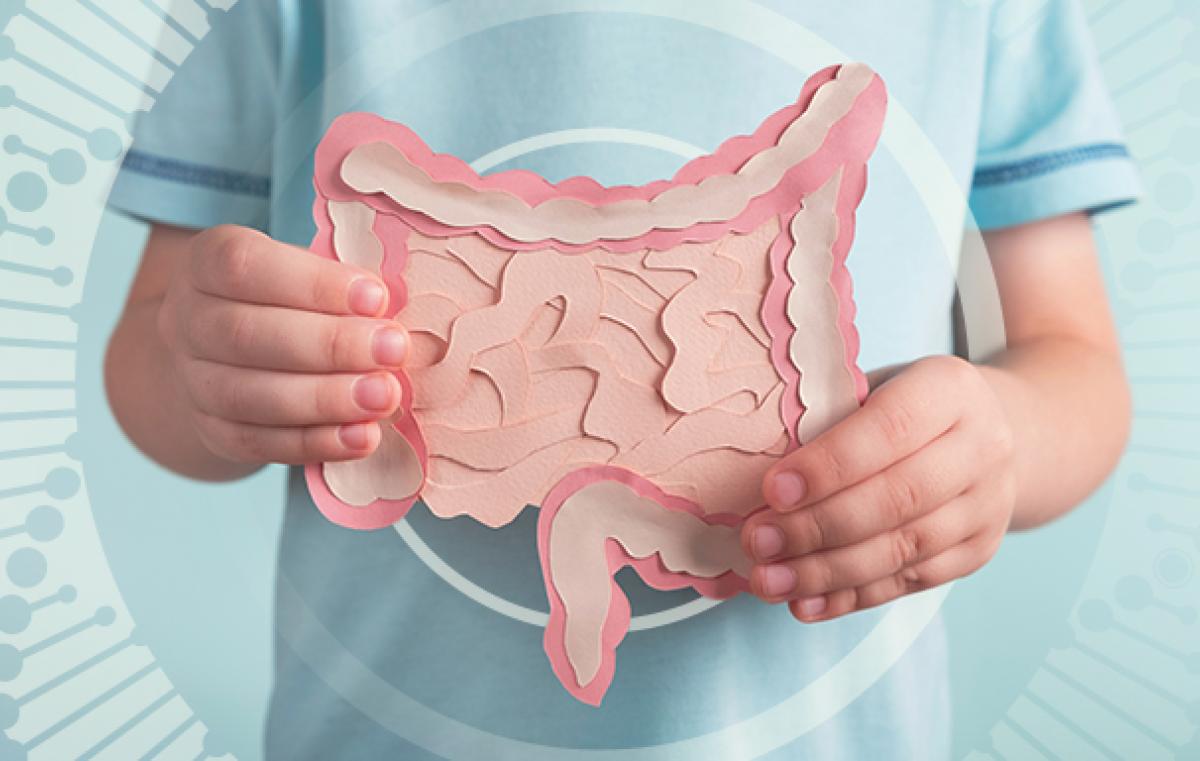The Wonders of Microbiota
Gastrointestinal bacteria affect chronic diseases such as diabetes and obesity. Prof. Omry Koren discusses microbiome research

By Yair Ron
Bacteria can be found almost everywhere in our body,” explains Prof. Omry Koren, “on the skin, in the mouth, genitals, and, of course, in the digestive system. In every organ, bacterial communities reside side by side which affect us differently, and all in all, there are thousands of strains. This is an entire universe, which has rightfully earned its own name – ‘microbiome’. I fell in love with this subject back when I was taking a microbiology course during my undergraduate studies. By the way, when I started working in the field, the term ‘microbiome’ was not yet coined.”
In his doctoral dissertation, Prof. Koren explored coral bleaching and its harmful effect on reefs. “Every coral has three parallel kingdoms: the coral cells themselves, the enveloping and nourishing layer of algae, and the bacterial population that resides within. We knew that bleaching was related to the warming of oceans, but we did not understand just how. We found that those responsible were bacteria that became aggressive in response to rising temperatures. “To our surprise, during the research, it turned out that some of the corals were no longer detrimentally affected. They developed resistance to bacteria by recruiting good bacteria. At the same time, studies began to be published on the link between microbiome and the obesity process. I realized that something huge was happening here. Until then, science looked at bacteria individually – and as a problem, while I aspired to see them as a population – and as a solution.”
A study by the Gordon group in St. Louis on obesity examined mice raised in a sterile environment. Feces of mice with and without a mutation for obesity were implanted in the digestive tracts of these mice, which all have the same genetic load, obese or slim accordingly. “Fecal transplantation is today considered the latest word in western medicine and has even received FDA approval for the treatment of C. difficle infection,” smiles Prof. Koren. “In China, it has been known since the fourth century, and in Europe, it was common for centuries among veterinarians. The idea is to initiate physiological processes by changing the composition of the bacterial population in the body.”
Dr. Koren’s postdoctoral research dealt with “healthy” weight gain, which occurs in pregnant women and is relatively easy to shed, as compared to “unhealthy” obesity. The study found that despite the great similarity between the symptoms, the body responds differently in both cases. The hypothesis is that in a pregnant woman the body somehow changes the bacterial population. Prof. Koren also conducted a follow-up study, in collaboration with Beilinson Hospital, that can help in the early detection and prevention of complications such as gestational diabetes. “It is possible that in the future we will be able to predict from the first trimester of pregnancy if the woman is prone to complications.”
Prof. Koren’s research focuses on bodily secretions. This matter is sometimes perceived as something embarrassing and dirty. When Dr. Koren is asked if this bothers him, he marvels at the very question, but realizes where it comes from: "First, I do not feel that way. On the contrary. I am dealing with something that is at the forefront of scientific research, and I feel the whole world of science is eagerly waiting to see what our next discovery will be. Only a decade ago, it was a field of little interest, and today it is the hottest topic. However, the reluctance is familiar to us from our dealings with the public. People who willingly agree to have a liter of blood taken from them find it difficult to help with the research involved in collecting stool samples and bringing it to us. We need large quantities, and sometimes that really hinders us."
Prof. Koren is very fond of his pet bacteria, and for him, the wonders of the microbiome have no limit. “Bacteria affect not only the body but also the mind. Depression, for example, is accompanied by an inflammatory response that may be controlled by bacteria. In studies on fruit flies, it has been shown that simple antibiotic treatment kills bacteria – and changes behavior. "Of course, in humans everything is much more complicated, "says Prof. Koren. “Flies only have a few types of bacteria, and humans have thousands. We know bacteria are involved in hormone production, but this study is still in its infancy. However, the possibilities are limitless: imagine a bacterium that produces serotonin, and we can replicate it in the body instead of swallowing Prozac."
Among his many pursuits, Prof. Koren collaborates with nutritionist Uri Meir Chizik. Together they ferment, stir up and recreate ancient recipes, and learn how to take advantage of bacteria properties involved in probiotic bacteria. For those interested in experimenting with homemade pickling, he offers a test recipe for pickled lemons: “Take 7-8 fresh lemons, washed and cut into quarters, 7 peeled whole cloves of fresh garlic, peeled onion cut into quarters, a little turmeric and ground cumin. Put everything into a sterilized jar and fill with a salty water solution (1 teaspoon of coarse salt mixed in with each glass of water) until the lemons are covered. Close, shake and leave outside for three months.”